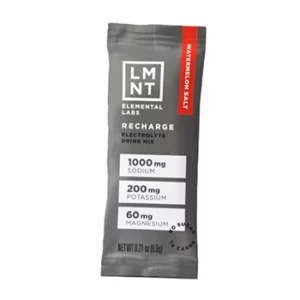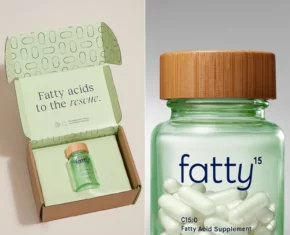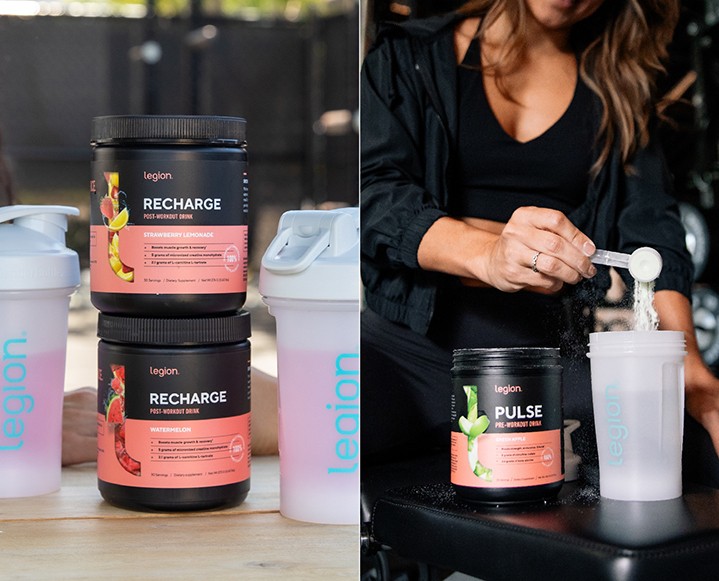Do you consider yourself an aspirational shopper? We know — more labels, but we find this one interesting. For years, marketers have defined an aspirational shopper as one who is obsessed with luxury labels and who projects a sense of self based on their proximity to top-dollar trends. While we know the ‘label whore’ shoppers still exist and aren’t mad about it (heck, we all have that friend who can’t stop with the LV or the Gucci), more often, we find that modern shoppers have moved away from big brand names towards smaller ‘brandless’ brand – maybe a few responsible ones too.
This vibe has become a trend unto itself which stirs some mixed feelings for us over here. Things get complicated when something cause-based becomes trendy. However, on the whole, we embrace the new definition of the aspirational shopper that global trend reporter GlobeScan defines this way: “materialists who believe they have a responsibility to purchase products that are good for the environment and society.”
Interesting, right? This alternative definition of ‘aspirational shopper’ is right up our alley, as well as a continually growing trend that can’t be ignored. We believe the huge upswing in health and wellness interest has helped all of us become more thoughtful consumers. Once the realization sets in that we have to be our own advocates when it comes to shopping clean food and beauty, the jig is up on fashion, home goods and other consumer endeavors too. Non-toxic living is a slippery slope that often begins with clean eating.
According to GlobeScan’s report, Millennials drive this kind of responsible buying behavior, but the trend is cross-generational as people of all ages become more aware, concerned and empowered in their buying habits. The smartest brands have harnessed that sense of collaborative effort in which consumers feel like they are part of the good happening.
Whether it’s shopping brands that are sustainable, green, non-toxic, ethical, socially responsible or all of the above, most of us are inspired by this trend toward business that’s better for all of us. If, like us, you identify as an aspirational shopper, here a few issues you might identify with and that all of us should keep top of mind to keep ourselves responsibly engaged…
Green washing. Being a socially responsible company these days is as cool as having nap pods and a bike rack behind the reception desk. Beware the green-washing products and campaigns some brands launch to give consumers the impression that they’re sustainable, all the while continuing on with largely irresponsible practices like toxic products or mis-managed waste behind the scenes. We’ve all seen it, though it’s sometimes tough to spot. Don’t be an ‘easy’ shopper; be savvy and think about a brand’s big picture.
Tit for tat. On the other hand, are you expecting too much from your brands? Expect a billion dollar corporation to pivot toward waste-free products within the year? We applaud the passion, but don’t forget to be practical. Sustainability and an increase in social responsibility are major efforts and big ships turn slowly. Don’t forget how hard it was to turn your own makeup supply or kitchen pantry into havens of toxin-free living. Change takes time. And we’re all in this together.
Vote with your dollar. We digress. Every purchase we make supports the interworkings of a company whose operations have real impact. Not sure whether to spend the extra dollar on the brand you know is doing things right? We totally understand. Make wise choices, but consider your money an investment in the kind of food (or fashion) system you want to be a part of.
Consumer break down. No, not-post consumer recycling — we’re talking about full-on consumer break-down. Which is how we feel sometimes when trying to buy a simple bottle of soap and deciding which brand is actually the most mindful choice on the shelf. (‘Didn’t that small organic company just get purchased? Are they still legit? This bottle is recycled, but the other brand has better social responsibility claims!’) All the marketing efforts and the steep learning curve of being a responsible consumer can be down right overwhelming and can sometimes lead to complete consumer burn out. Pace yourself.
Giving back. We love it when a company gives back to their community or cause of choice. But is our passive contribution to the effort by buying more products for ourselves really making a difference? Fortunately, the answer is yes. However, giving this way can provide us with a false sense of accomplishment that shouldn’t replace our own thoughtful efforts to support the causes we care about directly.
Transparency Part of the surge in corporate social responsibility has to do with transparency. In the digital age, it’s simply not as easy for companies to hide or ignore poor practices from the prying eyes of hyper-aware consumers. But, remember that transparency goes both ways. As consumers, we may detest the effects of fossil fuels or plastics on the environment, but 95% of us rely heavily on them. As we wean ourselves off the substances in question, we’ve got to have patience – most importantly, with ourselves.
Do you consider yourself an aspirational shopper? What do you think about how central these themes have begun to feel in our cultural conversations? What are your most important shopping habits and where do you see all of this going?















